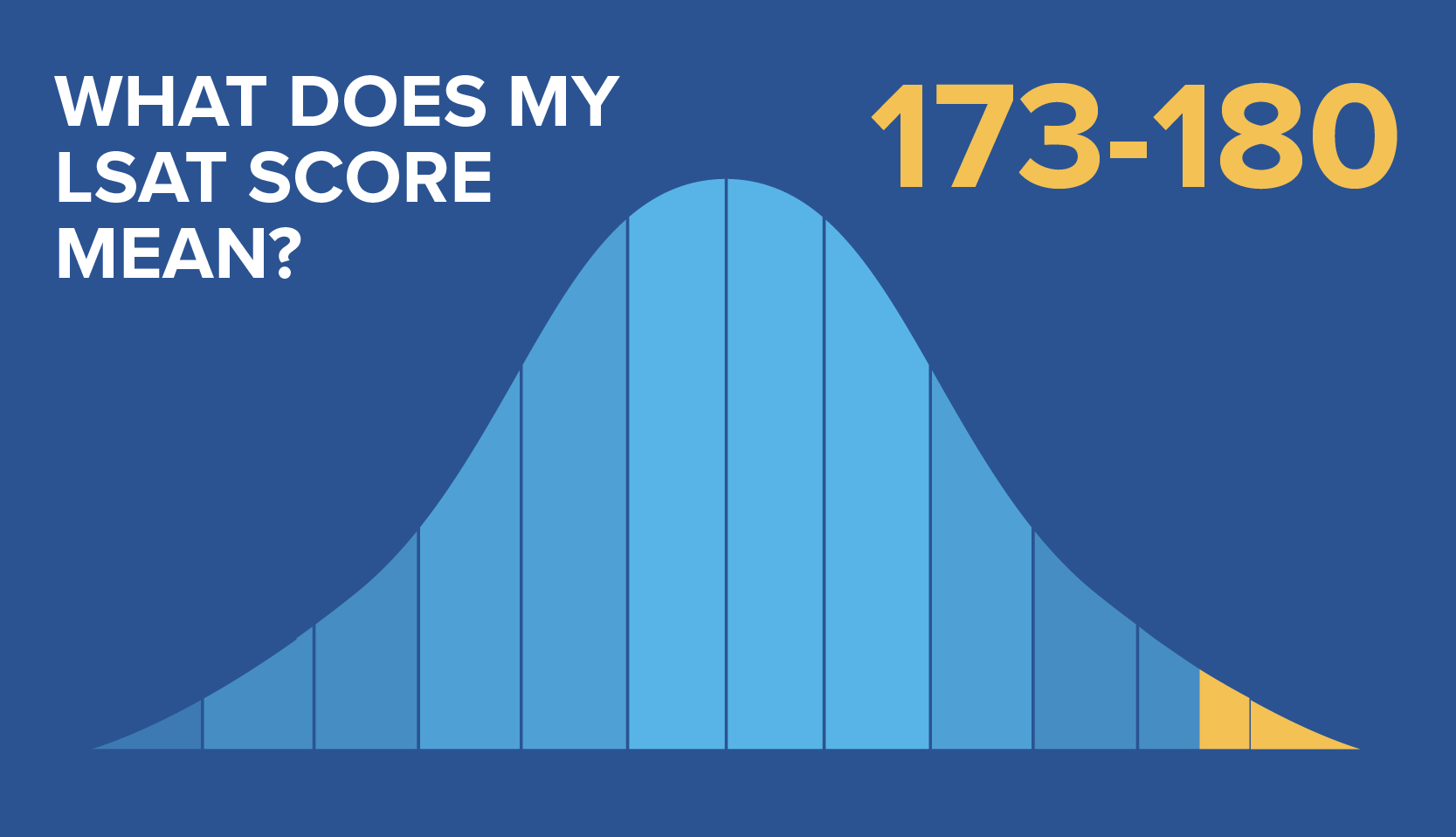
When should you take the LSAT?
There’s this great film from the 1960’s called The Agony and the Ecstasy concerning the painting of the Sistine Chapel by Michelangelo (artist, not turtle). In it, Michelangelo spends years and years painting the chapel, detailing fresco after fresco- such a long time, in fact, that the Pope himself asks him repeatedly “When will you make an end, Michelangelo?”
Michelangelo invariably responds with the seemingly axiomatic “When I am finished.”
Now, none of that in any way pertains to the LSAT, law school, or even anything in your life in general, but it is a good movie, and that line is pretty badass, when you think about it.
But, to bring it back home to your plight, if you were to ask me “When should I take the LSAT?” my answer would echo that of Michelangelo’s:
“When you are ready.”
There’s no easy LSAT. Anyone who tells you that one administration is significantly easier than another probably has something foul leaking out of their ears. The one weird LSAT is February, but it’s only weird because you don’t get any information besides your score when scores are released- no curve information, none of the questions or answers, and certainly not your answer sheet.
But the actual February LSAT is no different from the June, October, or December LSATs. You’re still going to have at least two sections of logical reasoning and at least one reading comprehension section. You’re still going to have to argue on some silly topic in the writing sample, and you’re still going to have to relearn cursive and nearly cripple your hand writing the “I am taking the LSAT to go to law school” statement.
If you can accept, as I know you can, that no LSAT is any easier than another, then you should start to think of it in a different context: when will you have an easier time on the LSAT?
The best time to take the LSAT is when you have the most time to study in preparation for it. Most people seem to understand this (it’s why the October administration is the biggest) but it’s one thing to say “hey, I’ll have an entire summer to study before my senior year” and another to really internalize it. The LSAT is almost entirely a test of your ability to work and study, not an intelligence test. Whenever you feel you can put in two to three months of fairly intensive study is when you should take it.
Unless your major has a significant logic component, pretty much any time during your college career can be a decent time to take the LSAT. You’re probably not going to learn much of anything during college that will help you on the LSAT, so if you’re planning on going to law school, it’s not necessarily a bad idea to take the LSAT when you’re a freshman or a sophomore. Odds are, in your first two years of college, you’re not taking a really intensive class load, and you’re mostly working on general education requirements. So don’t get locked into the idea that you have to take it during your last two years of college. Just because most people do it doesn’t mean you have to, or even that it’s a great idea.
So, really assess when you think you’ll have a good amount of time. If it’s the summer before your sophomore year, then take it then. If it’s that random fall quarter when you only have two classes, then take it for that December. Just keep in mind that it’s the amount and quality of your studying that determines your LSAT score. If you study effectively, you should be able to, in the words of a great man, crush the LSAT, see it driven before you, and hear the lamentations of its women.




